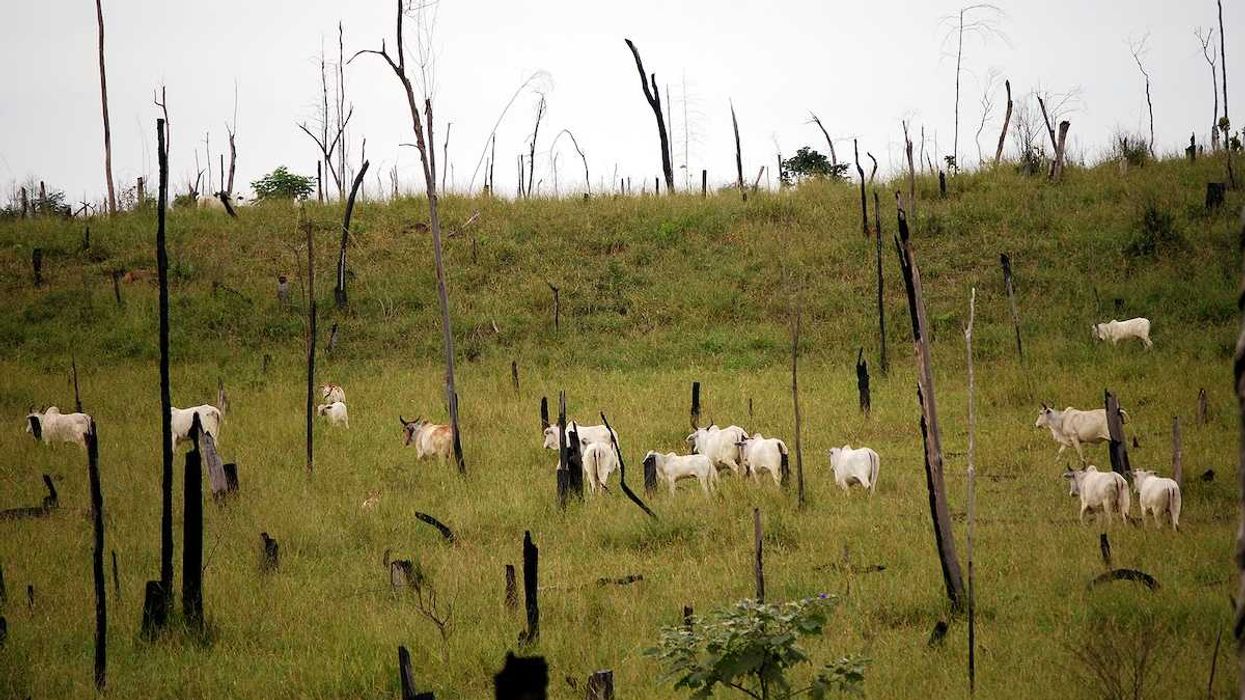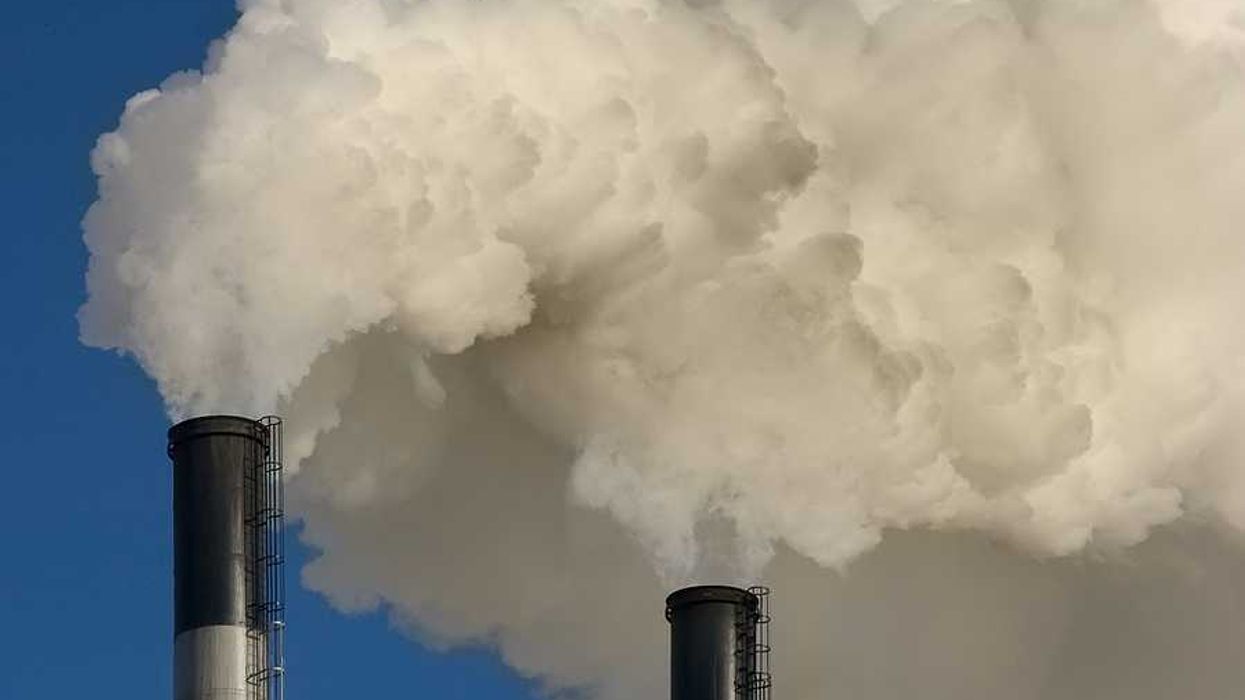As rising temperatures and overuse strain global water supplies, cities like Bogotá and Mexico City are imposing strict water restrictions to stave off further depletion.
Tanya Petach and Kaitlin Sullivan report for Yale Climate Connections.
In short:
- Bogotá is rationing water for its 9 million residents due to a severe drought affecting key reservoirs.
- Cities worldwide are seeing water levels drop, losing 600 cubic kilometers annually since 1992, according to a study.
- Climate change accelerates evaporation and disrupts rainfall, making existing water sources more unstable.
Key quote:
“Understanding the primary stressors on lake water losses is often a prerequisite for management solutions.”
— Fangfang Yao, postdoctoral fellow at the Cooperative Institute for Research in Environmental Sciences
Why this matters:
Water crises are emerging in major cities, threatening access to drinking water and food production. As climate change intensifies, even well-managed water systems could face collapse, highlighting the need for both conservation efforts and emission reductions.
Read more:














